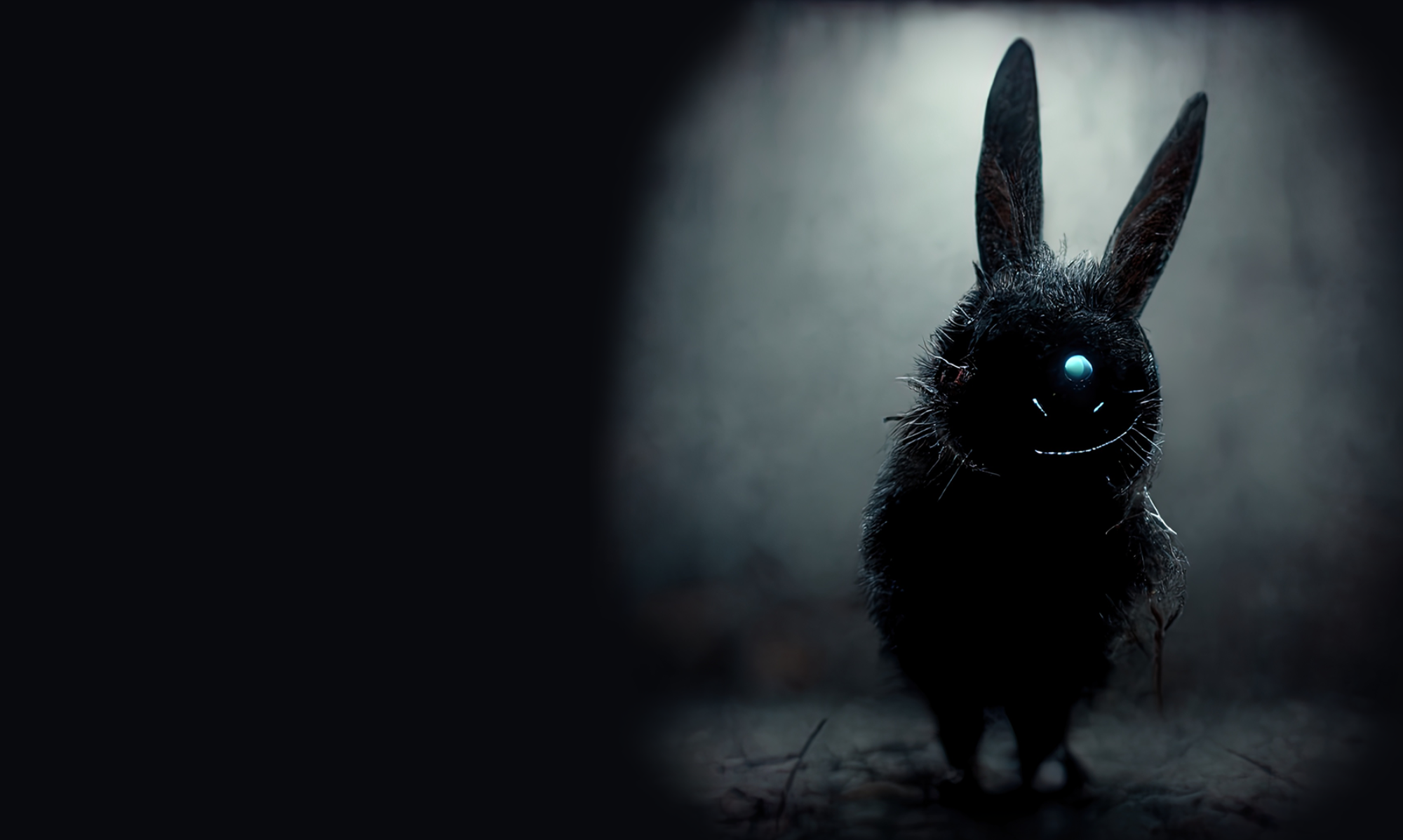Marketing is the
bane of many an author. We’re introverted, often solitary, people and reaching
out to tell people about our work can be terrifying. If you’ve been with us a
while, you know we covered this topic fairly early on. If you’re new to us,
hello and welcome, go read our original posts.
This round, let’s
take it a step further. We’re going to assume you’ve got at least a bit of a
basis established for marketing your work. You have a brand and an established
genre (or several). You have a newsletter or blog. You’ve got a decent foothold
in social media. So, what’s next?
If it ain’t
broke…
Don’t fix it. But
if it is? If it’s just not working, no matter how much time and effort you
throw at it? Take some time to evaluate where you are putting your energy.
New tools, tricks,
tips, and toys are popping up all the time. For a hot minute, we saw half a
dozen social media sites emerge, all vying for that Facebook/Twitter (sorry,
“X”) goodness, with varying levels of success. Do you have any
languishing on the back lot, untouched and untended? Shut em down! Quiet social
media is a kiss of death. It says you’ve got nothing going on.
And even if that’s
true? You’re in a lull, you’re working on a big project that just isn’t
post-worthy right now, you completely forgot about that account, you should
consider posting something if you want to keep it active. If not,
there’s no shame in walking away. But make a decision.
Are your pages
active, but a bit of an echo chamber? Do you find you’re talking to yourself?
Do a deep dive and try to learn why. Are you presenting statements that close
off further conversation? Are you only and always trying to sell your work
without engaging followers? Maybe you’ve got tunnel vision and after you’ve
posted, you don’t follow up with responses. People like to feel seen,
especially by someone they admire. (I’ll never forget the thrill of a
seriously-well-known author “loving” a comment I made. For a brief
moment, he knew I existed. I may never wash my eyeballs!)
Do your newsletters
go unopened, unread, overcome by dust bunnies? Worse, trapped in a spam folder?
Consider your subject lines, your interior content, your timing. Change things
up. Ask! Along with being seen, folks love being heard, especially if it means
they can flex a bit. “What do you guys want to see? More cat pics? Fewer
recipes? Let’s build this together!” You may not always like the answers,
but it’s better to be informed.
Check your website
analytics. What’s your bounce rate? That’s how long people stay on your site —are
they clicking in and then right back out? Why? It takes about 50 milliseconds
(0.05 seconds)—not exaggerating – for someone to make a decision about a
website. Ever gone down the research rabbit hole and encountered an Angelfire
site? How fast do you nope out of that page? Same concept. Digging into details
will tell you where people go, how long they stay, and in some cases, where
they go when they leave. Google Analytics is a good place to start.
Revisit your
Plan
You’ve got a Plan,
right? An editing schedule? An idea of how you want to present yourself and
your work? If not, consider building one. You don’t have to commit the rest of
your life and career. Look at the next six months. The next ninety days. The
next release (book, short story, etc.).
For those of you
who have a timeline, a schedule, a calendar full of reminders, you
overachievers you, review how it’s been going. Are you on track? Are you bored?
Are you still excited and engaged? Robert Frost famously said, “No tears
in the writer, no tears in the reader.” That applies to the content you’re
generating around your work as well as the work itself. When you’re excited,
you fire up other people. When you just go through the motions, your readers
will sense it and follow. Or stop following.
If it’s not
working, move on. Don’t dwell, don’t get caught up in failure. A/B testing is a
pain in the backside, but it reveals a lot about what’s catching versus what’s
not. The trick is to look at it all objectively, not personally. Make it a game
rather than a tedium. Take notes of what does work and do more of that!
Teamwork makes
the dreamwork!
Did you hear that
in a bright, chipper voice? Do you have a bright, chipper voice on your team?
Do you have a team? At the start, we mentioned authorship being a solo effort.
And yet, we can’t hold ourselves entirely aloof. We need editors, publishers, readers.
Friends. We need people. Get you a team you can depend on. You’re looking
for:
An accountability
buddy! I have one of these. I am one of these. I have a weekly call with a
friend who can be a bit of a bulldog. He’ll sink his teeth into my tasks and
want to know what I did, what I didn’t do (and why), where I need help. If I
have a deadline, any kind of deadline, he’ll text me randomly. I do the same
for him. For five years now, we’ve held each other’s feet to the fire, then
offered aloe when it burns.
Beta readers are
crucial. By now, you likely have a voice. A style. Your beta readers will let
you know when you stray in jarring ways. They’ll catch developmental issues you
missed, typos you’ve been blind to, and any other issues that need attention. Mostly,
they’ll tell you if the piece is good or not. Get ones you can trust and then
listen to them. You don’t always have to take their advice—this is your baby,
and you can protect it. But listen and consider. Be wary of anyone who never
questions you. Honesty is key and Mom’s repeated “You’re a genius!”
is flattering, but not helpful. Watch one round of American Idol auditions.
Know what I mean?
Editors!
Ohmygoodness. A good editor is gold. Get you one. Get you several. Content,
proofreading, line, developmental. Get many eyes on your work, each determined
to weed out the troubles hiding from you. Sometimes, one person wears many hats,
and this is a good thing. Also, an economic thing. But more views mean less
bias. Do not skimp on this! Cost is absolutely a factor, I get it. Save your
pennies and hire at least one editor. It matters that much.
When you’re ready,
consider also hiring a designer, maybe a publicist, perhaps a virtual
assistant. Each of these roles removes a barrier between you and getting more
work done. Who you need and when will vary but keep them in mind. Again, if
cost is an issue, either save up or consider a barter situation. You may know
someone willing to take on some tasks in exchange for cookies or a bit of
copywriting. Get creative!
Make sure you have
a cheerleader! Who is that one person you can always go to when the pen is too
heavy, the keyboard hisses when you get near it, the thoughts just won’t flow?
That person you can text at 3am and say, “I got the contract!” The one
who, without fail, knows you got this, you can do it, yay you did it.
Validation and commiseration are two sides of the same coin. We all need that
kind of currency.
Are you a robot?
Speaking of tasks,
automate what you can. Schedule posts in advance. Some social media allows
scheduling internally. Some don’t. There are manymanymany services you can put
to use with various payment options. Try out a few at the free level and see
what resonates with you. Then plan some time to lay down a stretch of posts. I
used to run a daily prompt. I would take a Sunday at the end of every month and
create my posts for the next month. Easy peasy, done and off my plate for thirty
days. Boom.
Make sure your
newsletter has an autoresponder in place. When someone signs up, it can send a
welcome message. If someone has a question, an autoresponder can reply with a
“Thanks for reaching out! I’ll get back to you in 24/48/etc. hours”
type message. It says “I see you, I’m not ignoring you” (but don’t
forget to actually get back). Autoresponders run on “if this, then
that” programming. Consider several scenarios, including one that covers
you taking a break.
Audit your tasks
and to-do lists. What can you set in advance and let run without you?
You got this!
Advanced marketing
works with what you’ve established and aims to improve on the basics. Just as
you take the time to clean your home and repair what’s busted, so your writing
career will thrive from solid maintenance. These things can take a chunk of time,
but if you focus for a little bit, you’ll free up more of that precious
commodity for the good stuff…those sweet, sweet stories!

Kimberly Rei
Kimberly Rei, in addition to writing creepy tales, is an editor with Black Hare Press and takes joy in offering the wobbly wisdom of her experience. She does her best work in the places that can't exist...the in-between places where imagination defies reality. With a penchant for dark corners and hooks that leave readers looking over their shoulder, she is always on the lookout for new ideas, new projects, and new ways to make words dance. Her debut novelette, Chrysalis, is available on Amazon. Kimberly lives in gorgeous Florida where the Gulf hides monsters and the sun is a special kind of horror.

Dean Shawker
Dean Shawker hails from Bracknell, UK, and now lives in Melbourne, Australia.
Dean is co-founder and editor of Black Hare Press.
Having found that his BSc in Bioengineering and BA in Digital Media were as useful in real life as calculus and geometric proofs, Dean now works in commercial non-fiction during the day and moonlights as a minion of the hell hare, Captain Woundwort, in the dark hours.
He writes speculative fiction and dark poetry under the pseudonym Avery Hunter, and edits under the name D. Kershaw.
You’ll usually find him hanging out with the rest of the BHP family in the BHP Facebook group, or here as a servant to the Stygian Lepus.


